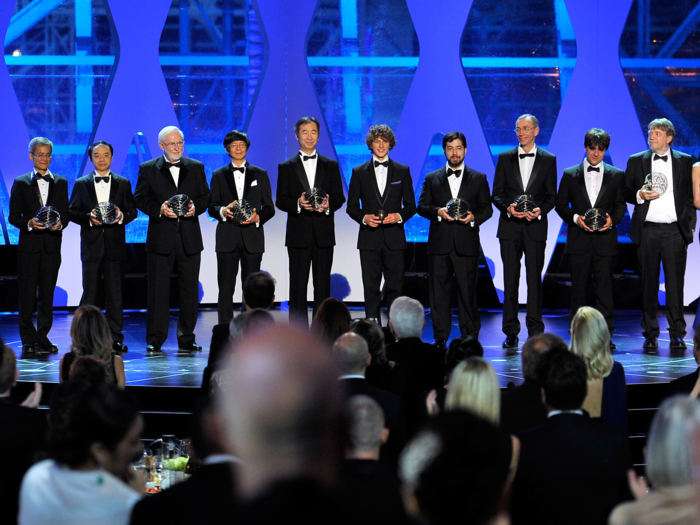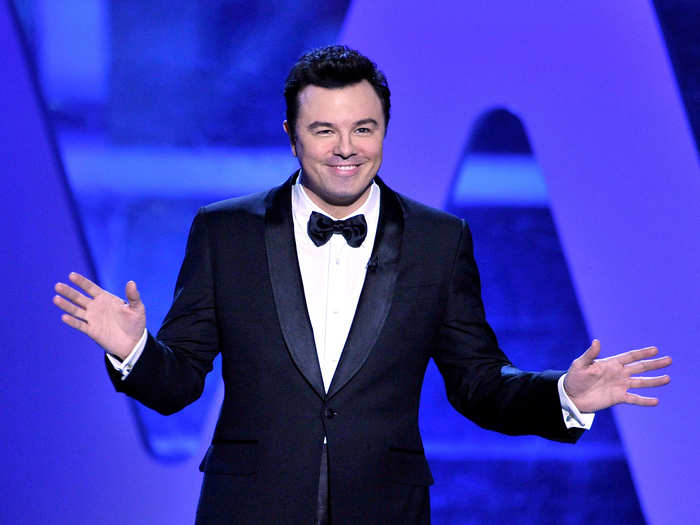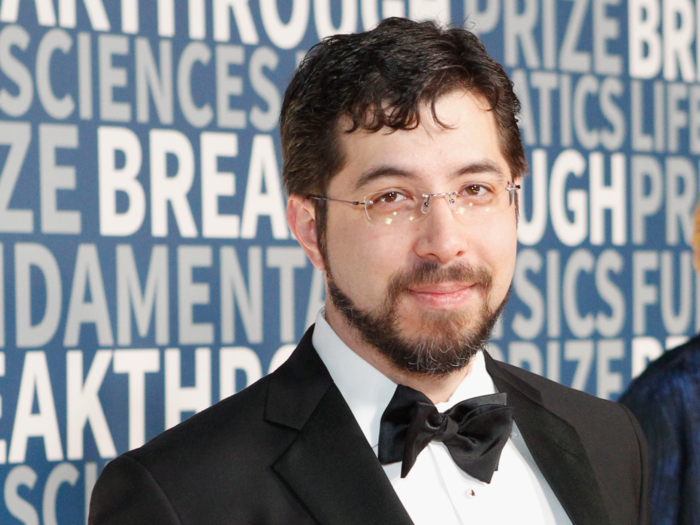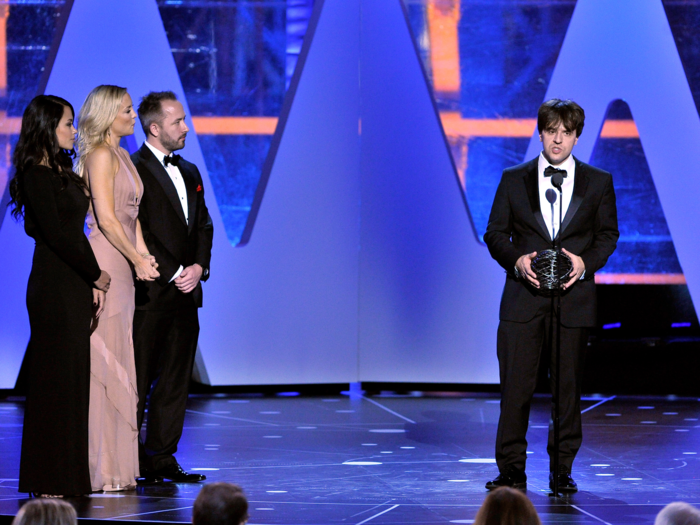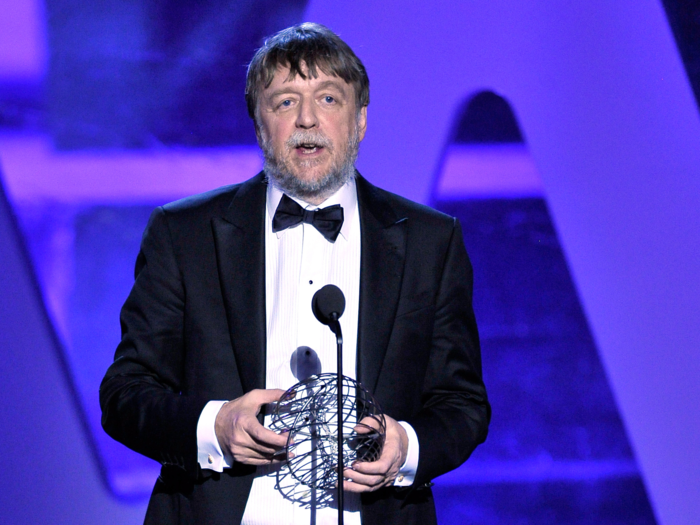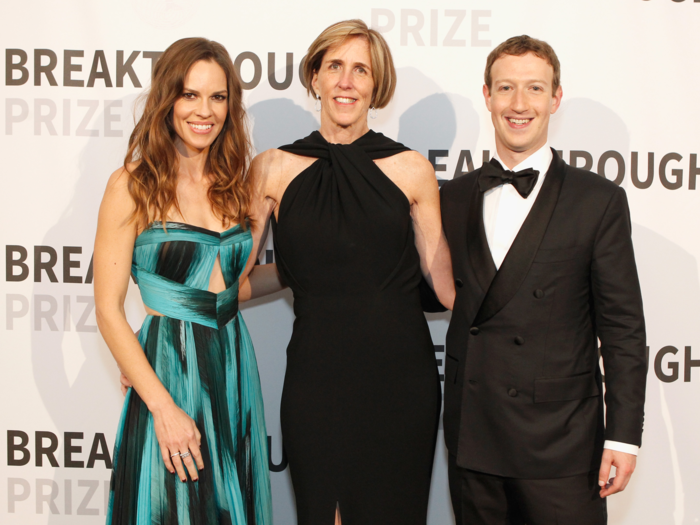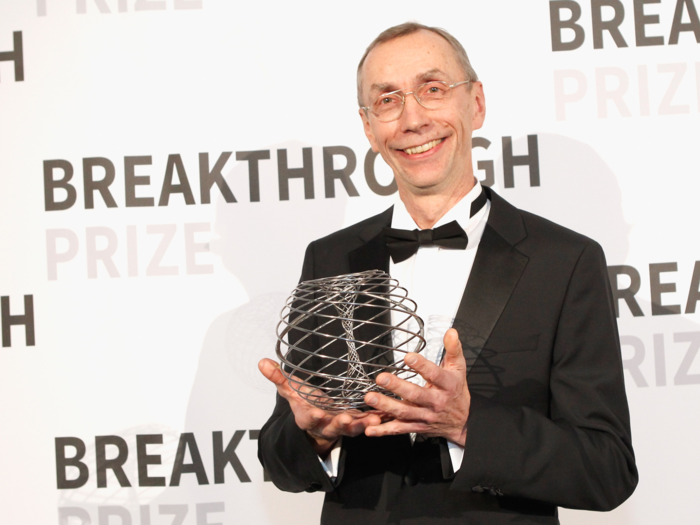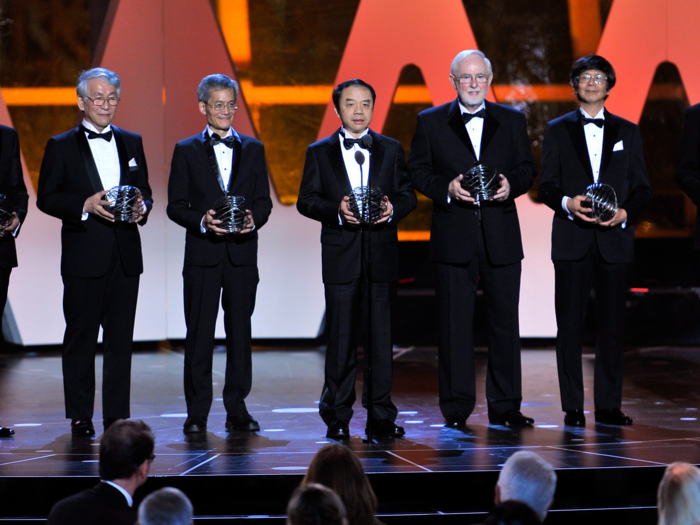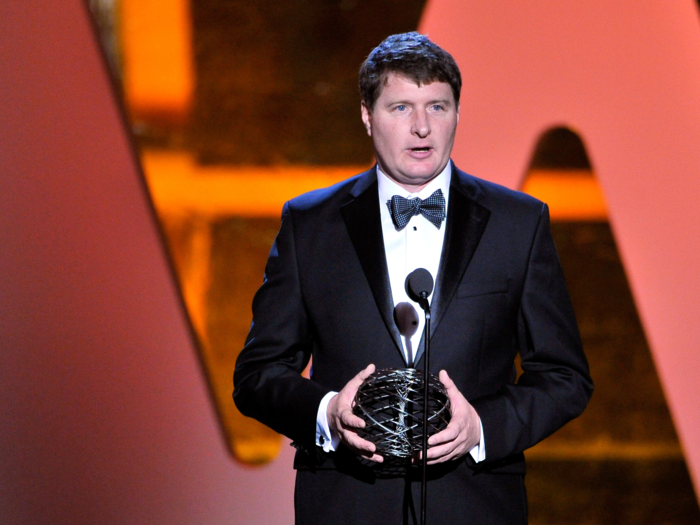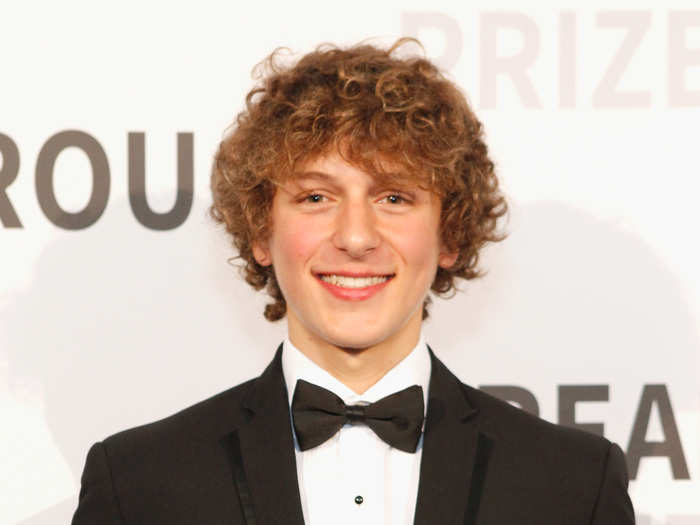Edward Boyden of MIT won $3 million for his work on optogenetics, "the programming of neurons ... so that their electrical activity can be controlled by light."
Karl Deisseroth (at right), of Stanford University and the Howard Hughes Medical Institute, also won $3 million for similar work in optogenetics.
John Hardy of the University College London won $3 million "for discovering mutations ... that cause early onset Alzheimer's disease ... and [for] inspiring new strategies for disease prevention."
Helen Hobbs of the University of Texas Southwestern Medical Center and Howard Hughes Medical Institute won $3 million for finding genes that control fat and cholesterol, "inspiring new approaches to the prevention of cardiovascular and liver disease."
Svante Pääbo of the Max Planck Institute won $3 million for decoding and reconstructing ancient human and Neanderthal genomes, "thereby illuminating the origins of modern humans, our relationships to extinct relatives such as Neanderthals, and the evolution of human populations and traits."
Another $3 million prize was split among seven physicists, representing a total 1,377 researchers, "for the fundamental discovery and exploration of neutrino oscillations, revealing a new frontier beyond, and possibly far beyond, the standard model of particle physics."
Ian Agol of the University of California at Berkeley and the Institute for Advanced Study, won the sole $3 million mathematics prize for "spectacular contributions to low dimensional topology and geometric group theory," a relatively new field in math.
And for the first time ever, the Breakthrough Junior Challenge awarded Ryan Chester of North Royalton High School, Ohio, $400,000 for his science video (below): "Some ways to understand the special theory of relativity, and what it means about time."
Chester got a $250,000 scholarship, his teacher won $50,000, and his school got $100,000 to build a science laboratory.
Youtube Embed:
http://www.youtube.com/embed/CYv5GsXEf1o?rel=0
Width: 800px
Height: 450px
Source: Breakthrough Prize press release

